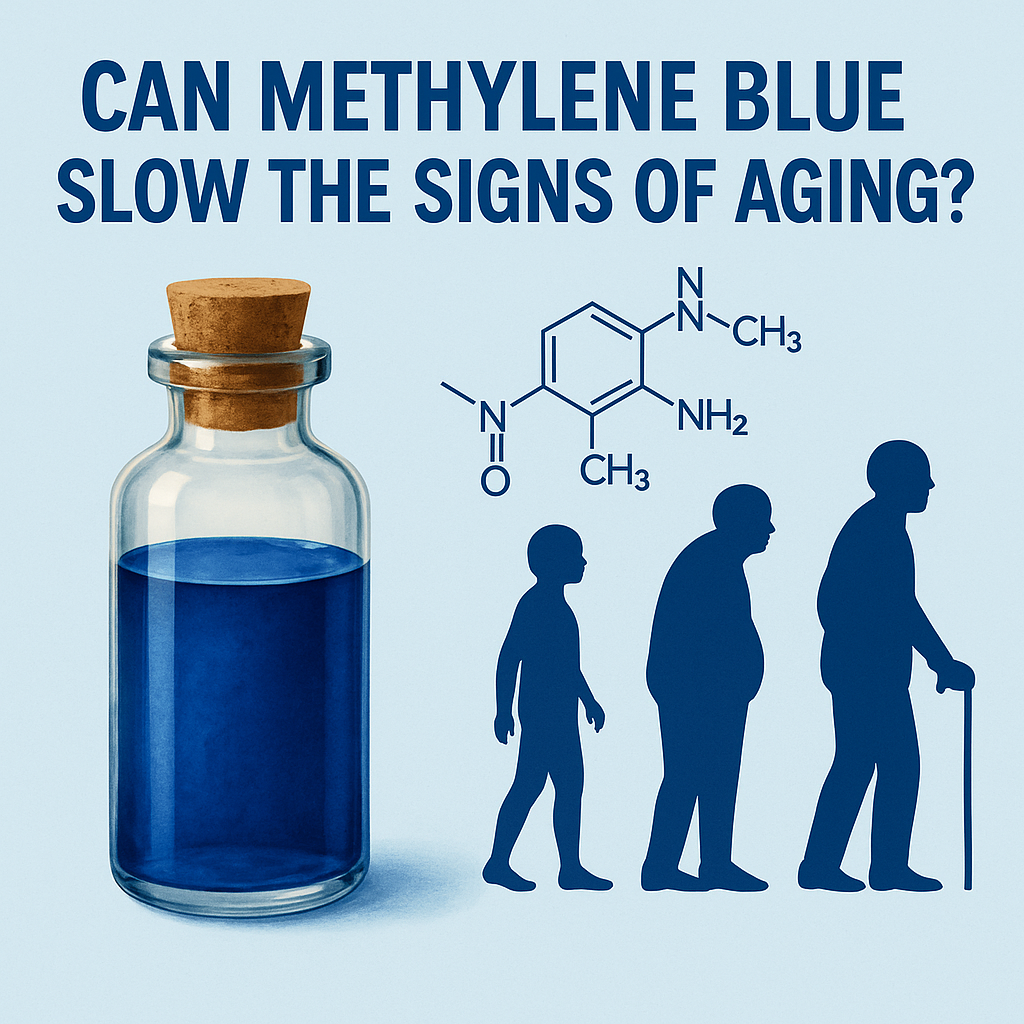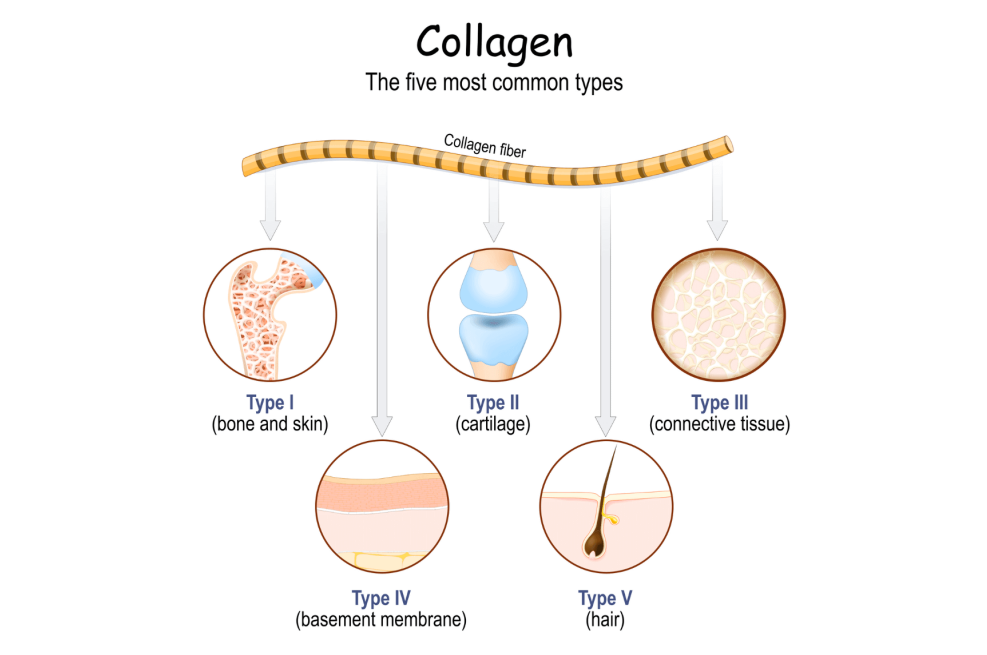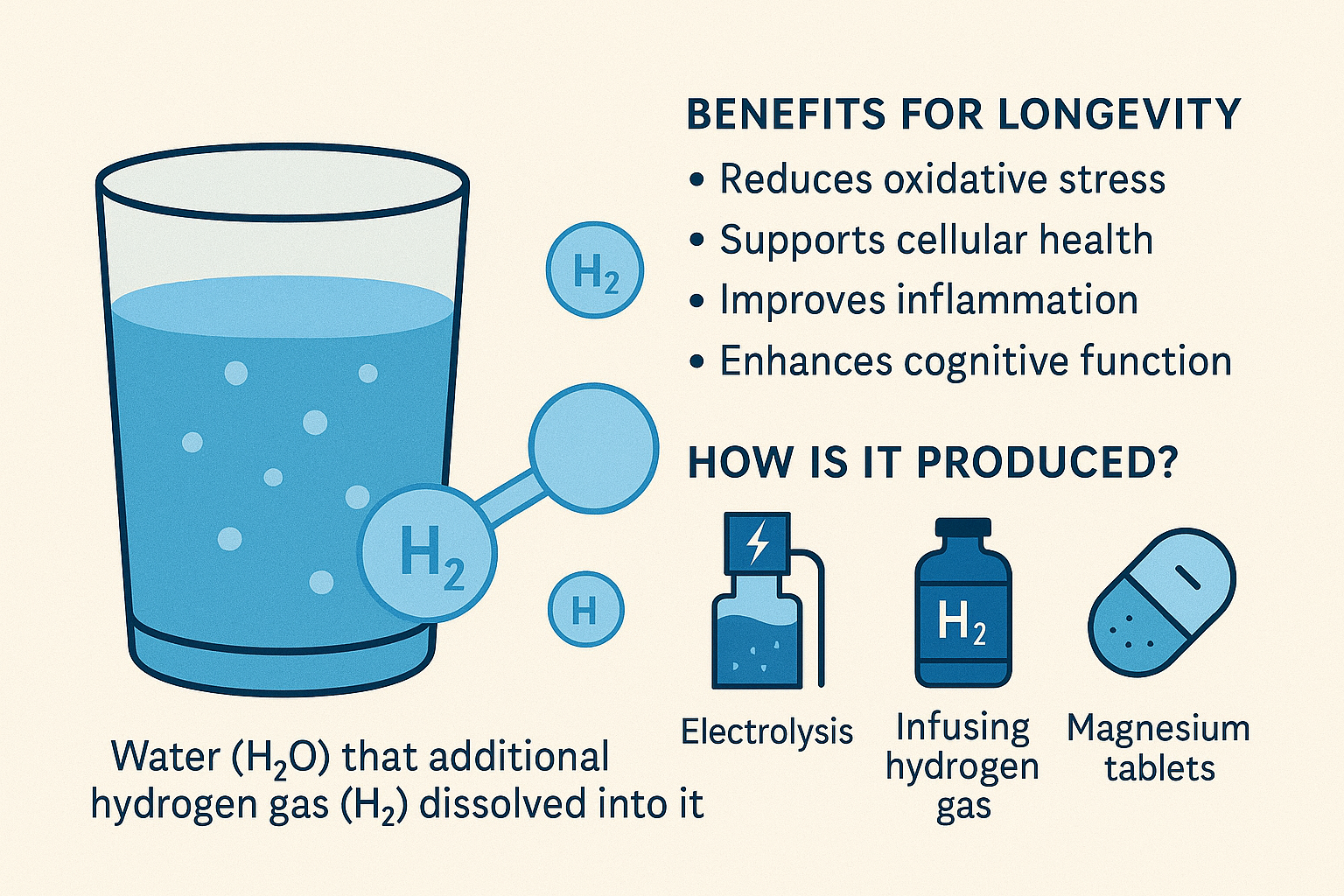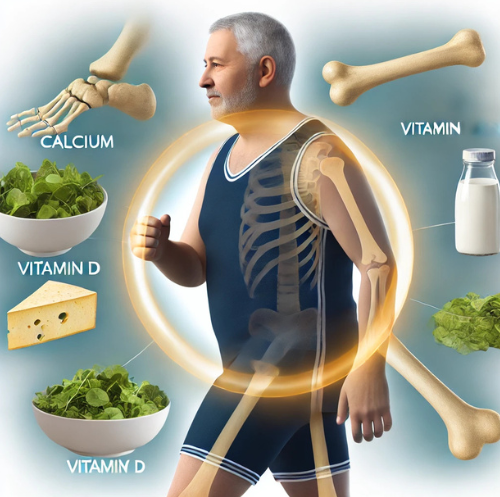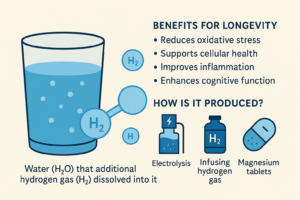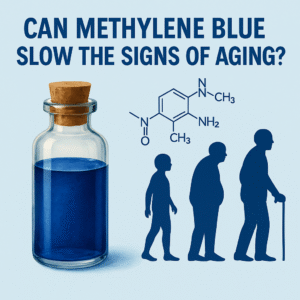I’m going to talk about something that might not be at the top of your mind but is incredibly important. As men cross the threshold of 40, their bodies undergo significant changes, with nutrient absorption being one of the key areas affected. This isn’t just about aging; it’s also about how these changes can affect your overall health.
You’re going to find out about some common deficiencies observed in men over this age. Factors like reduced stomach acid can make it harder for your body to absorb nutrients like B12, affecting energy levels and cognitive function. Likewise, changes in bone density call for a closer look at calcium and vitamin D intake.
This shift isn’t solely due to natural changes in your body. Diet, exercise, the amount of stress you juggle, and exposure to toxins all play their roles. It’s why getting personalized advice from healthcare professionals is crucial. They can help tailor a supplement plan that’s right for you, considering all these variables.
In my opinion, before considering supplementation, it’s essential to understand which nutrients you might be lacking. Armed with this knowledge, you’ll transition smoothly into exploring the specific supplements to consider after 40, ensuring you make informed decisions that support your health.
Essential Supplements to Consider After 40
As you move past the milestone of 40, there’s a good chance you’re starting to consider the role of supplements in maintaining your health. I’m here to help you with that. Let’s take a look at a few critical ones and understand why they’re so important.
Vitamin D often tops the list, and for good reason. It’s vital for keeping bones strong and supporting hormonal balance, which, let’s face it, gets trickier with age. A lot of men are falling short on this one, especially as natural production dips with less sun exposure.
Magnesium is like the unsung hero of minerals, pivotal for over 300 biochemical reactions in your body. From muscle function to keeping your heart rhythm steady and improving sleep quality, magnesium has got you covered.
Next up, Omega-3 Fatty Acids. These are key for maintaining heart health and have been shown to support cognitive function. I mean, who isn’t interested in a sharper mind and a stronger heart?
Now when you’re picking supplements, don’t worry too much about getting every single one separately. There’s wisdom in choosing broad-spectrum multivitamins or combined supplements too – just make sure they include these essentials. And here’s a word to the wise: always look for quality. It’s not just about what’s in them, but also about what’s not in them – like unnecessary fillers or contaminants.
Nutrient-Rich Foods to Support Men’s Health Post-40
I’m going to show you how nourishing your body goes far beyond popping a pill. Common deficiencies in men over 40 such as vitamin D, magnesium, and omega-3 fatty acids can often be addressed with thoughtful dietary choices. For vitamin D, try fatty fish like salmon or, enjoy a sunny day outside. Nuts, seeds, and leafy greens can be great sources of magnesium. For omega-3s, incorporating fish, flaxseeds, or walnuts into your meals can provide a substantial boost.
You’re going to find out about embracing a whole-foods diet that’s packed with these essential nutrients. Eating a variety of colorful fruits and vegetables, lean proteins, whole grains, and healthy fats can significantly contribute to meeting your nutritional needs. This isn’t just about supplementation; it’s also about creating a foundation for long-term health through what you eat.
Choose something that resonates with you. It’s about making changes that you can maintain and enjoy. If you want to start small, consider adding one nutrient-rich food to your diet each week. Don’t worry too much about overhauling your eating habits overnight; you can always adjust your approach down the road.
A lot is happening very quickly in the world of nutrition, and staying informed is key. That’s why it’s essential to regularly consult with a healthcare provider or a dietitian. They can offer personalized advice that considers your overall health, medications, and specific nutritional needs. Your first attempt doesn’t need to be your last. With guidance, you can refine your diet to ensure you’re getting the most out of what you eat.
Disclaimer: All the content on this site is for informational purposes only, does not constitute medical advice, and does not establish any kind of patient-client relationship by your use of this website. I am not a health care professional. The information, including but not limited to text, graphics, images and other material contained on this website are for informational purposes only. No material on this site is intended to be a substitute for professional medical advice, diagnosis, or treatment. Before starting any new regimen, supplement, diet, or program, it is crucial to consult with a healthcare professional to ensure it is safe and suitable for your individual health needs and circumstances. Here’s a little transparency: This website also contains affiliate links. This means if you click and make a purchase, we may receive a small commission. Don’t worry, there’s no extra cost to you. It’s a simple way you can support our mission to bring you quality content.



